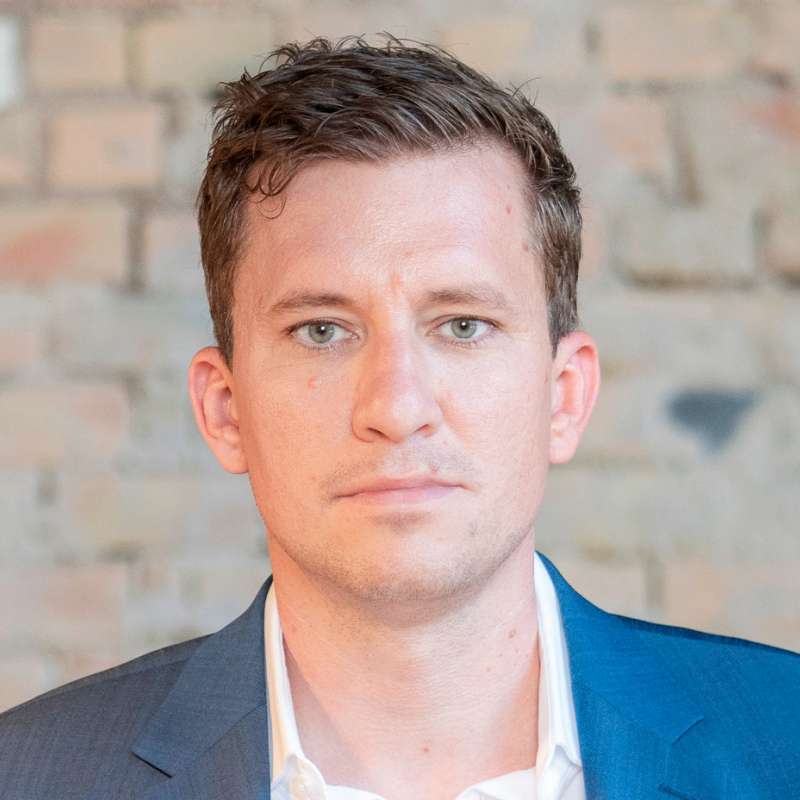Innovators´ Club Quantum Computing – a game-changing technology in its infancy
Quantum Computing – the start of possibilities without end?
Type of Event
Online - Webcast
Our Participation
Owner
31 Jan 2023
From 17:00 to 18:00 UTC+01:00
Recording
Innovators´ Club Quantum Computing – A Game-changing Technology In Its Infancy
About the Event
Quantum Computing – the start of possibilities without end?
Can you imagine a technology that can solve the most complex challenges in the world, the ones that our classical computers are incapable of? Are you curious about Quantum Computers, where we stand at present with regard to this technology, and what the future might look like? Here’s your chance to learn more about this game-changing technology.
The quantum computer is a new kind of device based on quantum physics and, in particular, the concept of quantum superposition. Potentially it can store and process information exponentially faster than a classical computer. Watch the recording and get insights into the challenges and opportunities that Quantum Computing brings for suppliers and end-users.
Get inspired by the keynotes “Are we there yet? A path towards useful quantum computing using application- and hardware specific algorithms“, and “Quantum Superposition - Our Role in the Quantum Computing Ecosystem” led by Daniel Volz, Ph.D., CEO and co-founder of Kipu Quantum GmbH and Philipp Harbach, Ph.D., Global Head of Group Digital Innovation at Merck KGaA, Darmstadt, Germany. The keynotes were followed by a Q&A session, answering questions from the audience.
Get answers to questions such as:
- What potential does Quantum Computer bring for many industry sectors?
- What challenges do we need to overcome to bring Quantum Computing to the end-user?
- Which role does our company play, and how can we benefit from external partnerships?
About the speakers
-

Daniel Volz
Ph.D., Co-Founder, and CEO of Kipu Quantum GmbH
Biography
Daniel is co-founder and CEO of Kipu Quantum GmbH, a quantum computing startup with the mission to shorten the waiting time for industrial quantum advantage for end users by leveraging application- and hardware-specific algorithms.
Previously he served as a project lead with BASF SE, working on the strategic impact of quantum computing and other corporate-development related topics. Later, as a senior consultant at McKinsey's Frankfurt office, he built up McKinsey's quantum computing capabilities and acted as a consultant for clients in verticals such as chemicals, pharma, oil & gas, banking, automotive, and electronics.
He co-built a specialty chemicals startup as the first non-founder employee (high-tech and electronic chemicals) in his twenties and mastered skills like R&D and managing projects and teams of various sizes along the way. He also tapped into product development and strategic marketing to reach market readiness for deep-blue TADF technology, which is commercialized in OLED displays to drastically decrease the power consumption of hand-held devices and enable better displays.
Daniel holds a Ph.D. in chemistry from the Karlsruhe Institute of Technology & the Karlsruhe School of Optics and photonics. He started his professional career as a freelance journalist on the mission to break down science into something readers could enjoy with their morning coffee.
-

Philipp Harbach
Ph.D., Global Head of Group Digital Innovation at Merck KGaA, Darmstadt, Germany
Biography
Dr. Philipp Harbach is the Global Head of Group Digital Innovation in the global Data Office at Merck KGaA, Darmstadt, Germany, where he and his team are focusing on digital innovation with the help of modern data science, text analytics, and simulation methods.
In his previous role as Head of Digital Chemistry, he explored applications and products of digital technologies specifically for chemistry use cases. Philipp joined Merck KGaA, Darmstadt, Germany in 2014 as a laboratory head and established computational chemistry in the field of organic light-emitting diodes (OLEDs) within the Electronics business.
In 2013, he completed his Ph.D. in theoretical chemistry at the Interdisciplinary Center for Scientific Computing (IWR) at Heidelberg University. In his thesis, he developed and applied efficient theoretical methods for molecular systems in photochemistry. For Quantum Computing, he is specifically interested in the application of quantum methods to industrial problems. He is at the forefront of the first internal and external initiatives to adopt these algorithms at Merck KGaA, Darmstadt, Germany.
The event was hosted by
-

Anett Engel
Marketing and Communication Manager Group Science and Technology Office of Merck KGaA, Darmstadt, Germany

Stay up-to-date
Subscribe to our email service and be the first to know about events like these.
